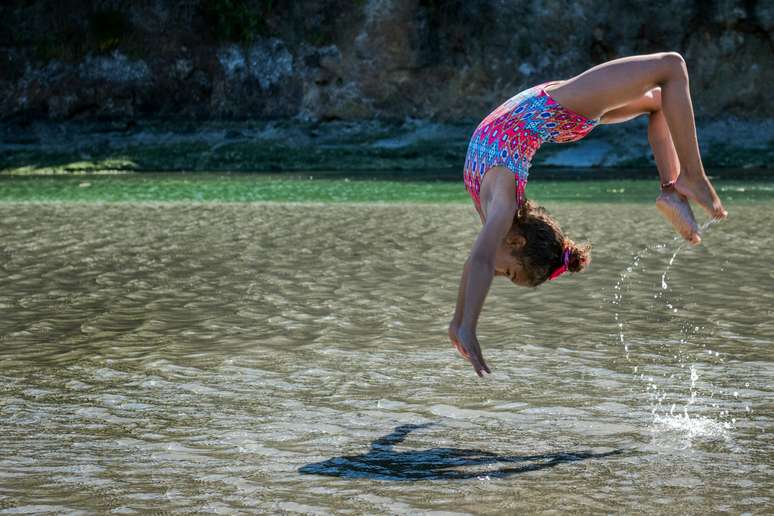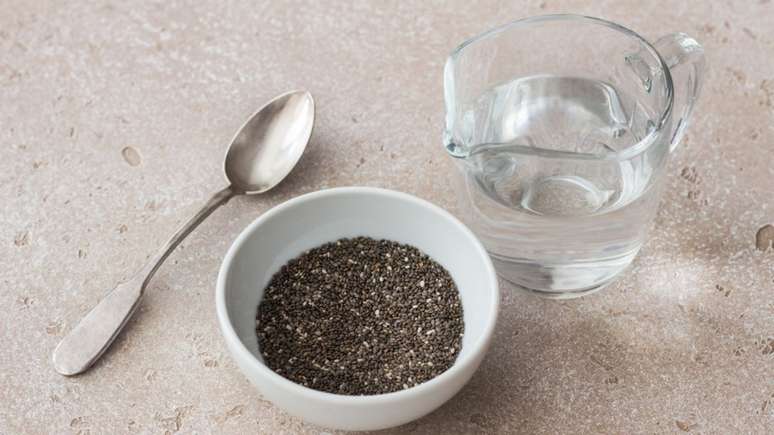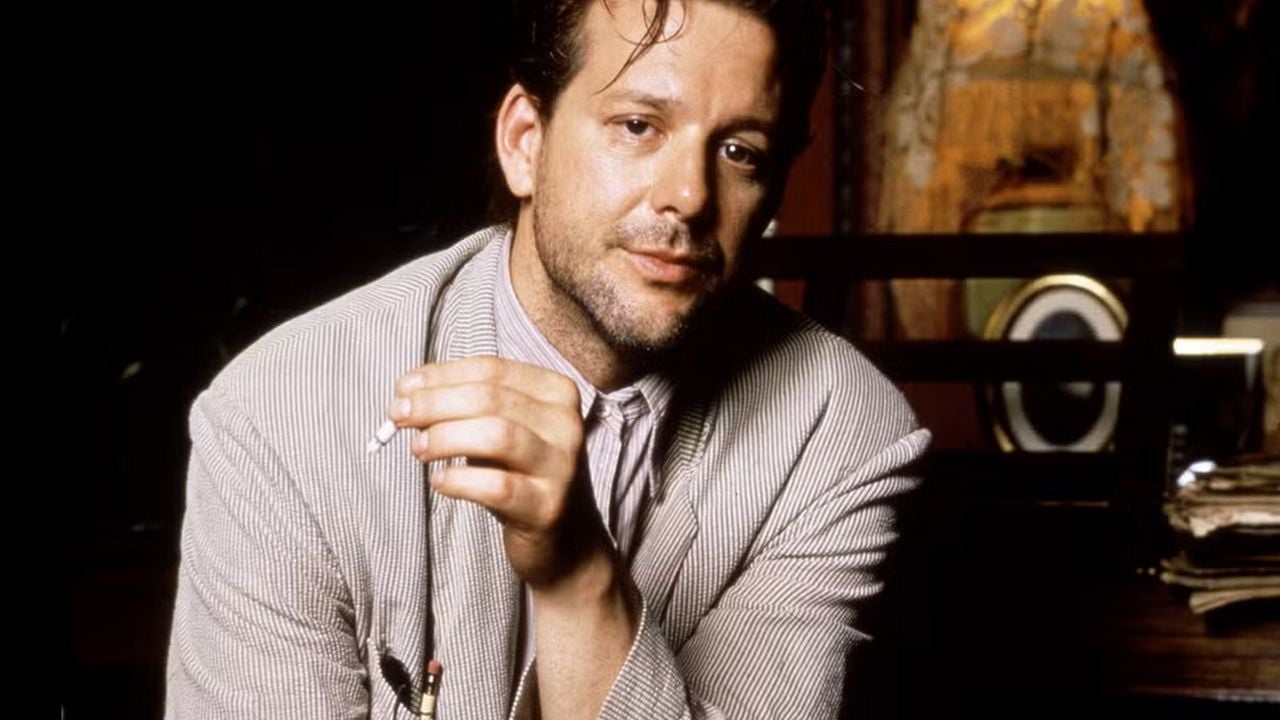The physical education teacher explains the importance of physical exercise from childhood
It’s no secret that practicing physical exercise offers great benefits to human health. However, what many don’t know is that physical activities should start from childhood. For Professor Rodrigo Sartori, from the Physical Education course at FSG Centro Universitário, the cognitive stimulation of new motor skills in childhood can induce changes in specific functional networks of the nervous system, if associated with complex tasks. Sartori states that learning a sport, be it wrestling, dancing, cycling, skating or any other sporting activity not yet practiced, is an adaptation mechanism that contributes to children’s development.
The influence of technology
Sartori points out that studies on the benefits of exercise have shown that the practice improves and protects brain function. This suggests that physically active children have a lower risk of mental disorders, as well as showing better performance in some cognitive functions. “In the current times in which we live, it is essential to encourage children to move, especially given the challenges posed by the advancement of technology. It is increasingly common to find children hypnotized by their mobile phones and tablets and who carry out little physical activity,” underlines the professor .
The benefits of sport
Rodrigo Sartori underlines that the benefits deriving from the practice of physical exercise are many. “Among these there is adequate weight control and reduction of the risk of obesity. Determines that a physical activity plan is developed based on the needs and characteristics of each child, supported by a healthy eating program and, above all, with the participation of children, family and the entire social network in which the child actively participates.
The teacher underlines that, for children and young people between the ages of six and 17, the recommendation, according to the Guide to Physical Activity of the Brazilian Population, is to practice 60 minutes or more of physical activity per day, favoring moderate intensity activities . Furthermore, it is recommended to carry out muscle and bone strengthening activities at least three times a week, such as jumping, pulling, pushing or playing sports.
Cognitive development
For the expert, carrying out physical exercises at school helps the learning processes and a series of factors related to the child’s development. “In particular, we have noticed that there is a relationship between motor skill performance and cognitive functions (acquisition of knowledge) that are important for students’ academic success. For younger children, such as in early childhood education, Fine motor skills, such as cutting, playing with marbles or modeling clay, have a positive relationship with name writing, forms of written expression and mathematics,” he explains.
Sartori points out that these fine motor activities can provide children with the opportunity to practice mapping what they see for use in actions, from drawing letters with markers, adapting movements to crayons or pencils, to developing the ability to count or even select objects in a set.
School participation
“The professional emphasizes that physical educators must promote the development of motor skills, attitudes, values and knowledge, encouraging children to actively and voluntarily participate in physical and sporting activities throughout their lives. “The role of an educator physical education is a privileged path in the educational field, for its possibilities of developing the motor and emotional dimension of children and adolescents, together with the cognitive and social fields, and because it deals with one of the most precious human resources, which is the body”, has states.
The professor also explains that one of the most important points that movement sciences have tried to explain is that the practice of physical activities and the learning of motor skills influence not only physical problems, but also the benefits related to the fight against diseases such as diabetes, hypertension and hypertension control. obesity itself, but also in the development of social and cognitive skills.
Source: Terra
Ben Stock is a lifestyle journalist and author at Gossipify. He writes about topics such as health, wellness, travel, food and home decor. He provides practical advice and inspiration to improve well-being, keeps readers up to date with latest lifestyle news and trends, known for his engaging writing style, in-depth analysis and unique perspectives.








-1huxor8vo00v8.png)
